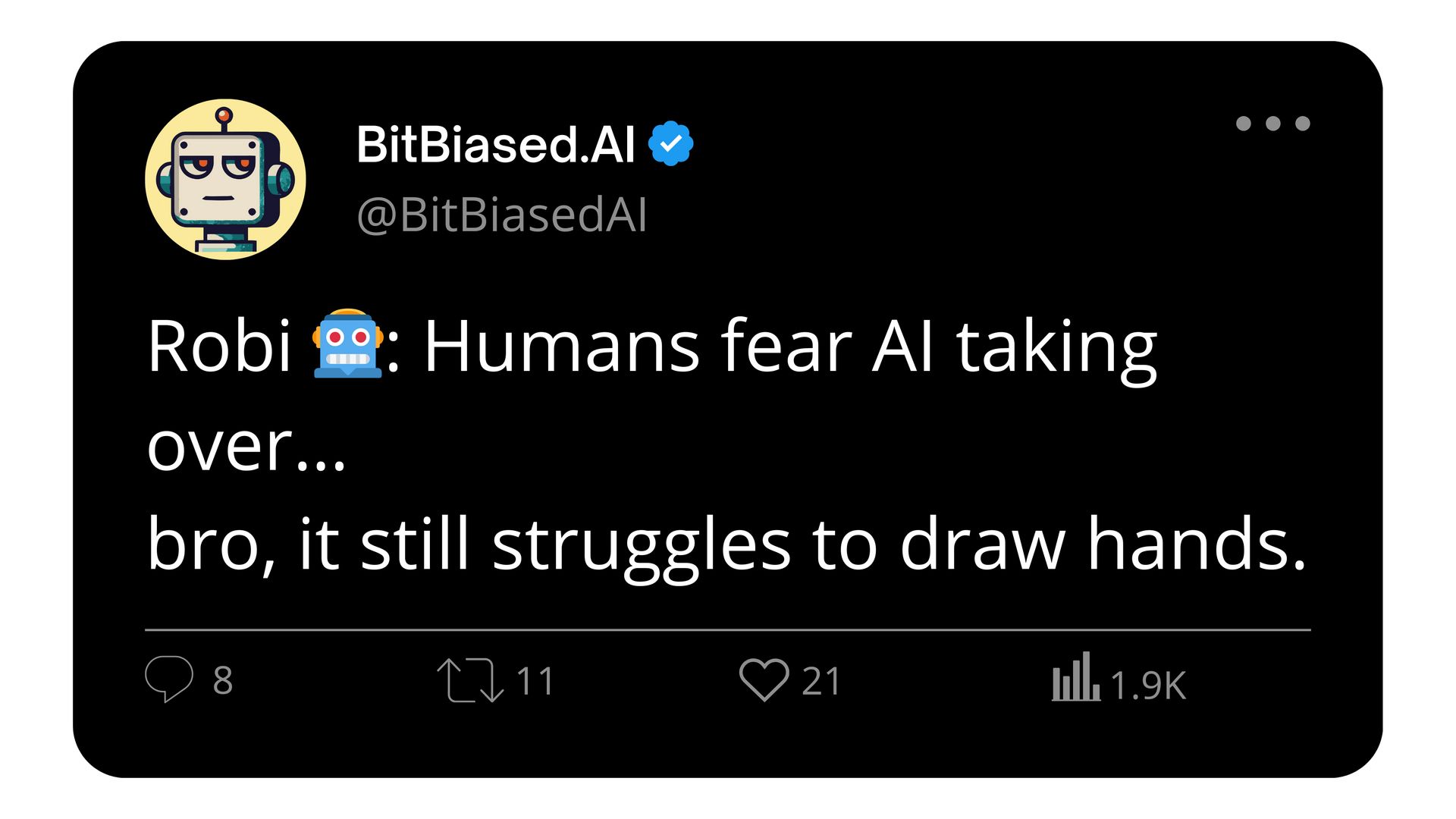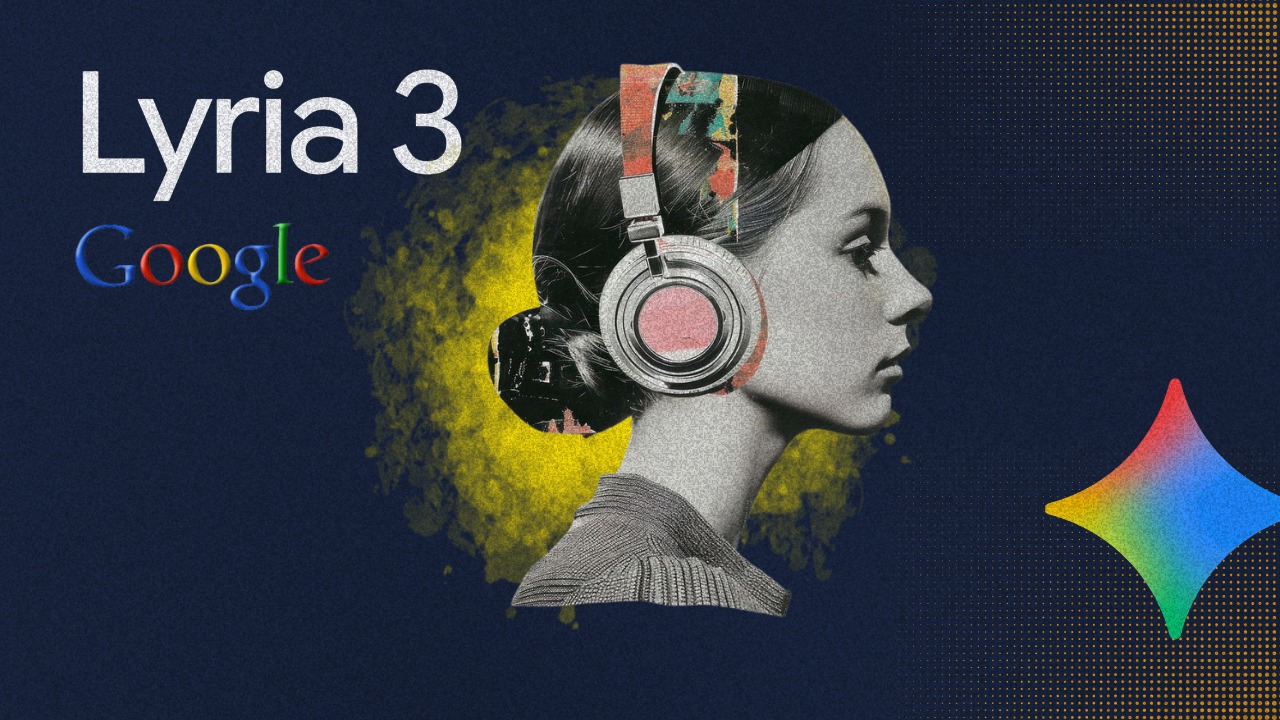
Welcome, Humans!
Ready for your daily dose of AI chaos? I’ve rounded up Today’s Top AI Headlines for those who like to stay ahead – and for the curious, I’ve got some eyebrow-raising stories Beyond the Headlines. Let’s dive in.
In a Nutshell:
Microsoft slips AI formulas straight into Excel sheets
Alibaba drops open-source rival for AI image editing
Grammarly bots predict your essay grade before professor
Texas probes AI chatbots pitching mental health advice
Google: 90% of game studios rely on AI tools
🚀Today’s Top AI Headlines:

Microsoft Brings Copilot AI into Excel: Microsoft has expanded the reach of its AI assistant, Copilot, by embedding it directly into Excel with a new COPILOT function. This feature allows users to perform advanced tasks such as summarizing data, categorizing information, or pulling insights from external sources simply by typing formulas. Instead of writing complex functions or manually cleaning up spreadsheets, users can now ask Copilot to automate the process, saving time and reducing errors.
Available to beta testers with the $30/month Copilot subscription, the integration is part of Microsoft’s broader push to bring AI into its Office suite. By making Excel more intelligent, Copilot aims to transform the way businesses and individuals interact with their data. Analysts note this move is particularly significant for non-technical users, who often struggle with Excel’s steep learning curve. Copilot effectively lowers the barrier to entry, making advanced analytics accessible to a much wider audience.
Microsoft’s addition also reflects the growing trend of embedding generative AI tools into productivity software, where efficiency gains are immediately visible. Early users report that Copilot can handle both routine requests, like categorizing expenses, and more complex ones, like generating data summaries for presentations.
Source: Microsoft🤖 Robi: “Finally, Excel can judge my messy budgets without HR intervention.”
Alibaba Launches Qwen-Image-Edit : Alibaba has announced the launch of Qwen-Image-Edit, a powerful open-source image editing model designed to handle both precise and stylized edits. Unlike traditional tools, it preserves the core elements of an image while applying changes, ensuring accuracy and realism. One standout capability is bilingual text editing, which enables users to insert or modify text seamlessly in both English and Chinese.
The model can also handle stacked edits, allowing multiple complex modifications to be applied at once without degrading quality. In benchmark testing, Qwen-Image-Edit outperformed rivals like Seedream and GPT-Image, particularly in maintaining visual coherence during detailed edits. This makes it a strong choice for industries like advertising, design, and e-commerce, where image quality and flexibility are critical. As an open-source release, Alibaba is positioning Qwen-Image-Edit as a contribution to the global AI community, enabling developers and creators to integrate advanced image editing into their workflows without the limitations of proprietary software. Experts say the launch reflects Alibaba’s strategy of showcasing its research leadership while fostering adoption of Chinese-developed AI models worldwide.
Source: GitHub🤖 Robi: “Great, now my selfies can be mediocre in two languages at once.”
Grammarly’s New AI Agents Can Predict Your Grade: Grammarly has rolled out a suite of new AI agents designed to give students and writers more feedback than ever before. The tools, free for existing Grammarly users, go beyond grammar correction by helping students generate citations, anticipate reader questions, and even predict the grade their work might receive.
Most notably, the system can analyze a piece of writing and estimate whether it’s likely to score an A or a C, based partly on how professors might respond. Grammarly says it leverages “publicly available” information to model these predictions. The feature aims to give students insight into how their writing may be perceived, offering them the chance to revise before submission.
On the other side, educators are also being equipped with AI detectors and plagiarism checkers to identify machine-generated content. By giving both students and instructors tools to navigate AI-driven writing, Grammarly is attempting to balance innovation with accountability. Analysts see this as an expansion of Grammarly’s role from a passive writing assistant into a more active mentor and evaluator, a move that could reshape how students approach assignments.
Source: Grammarly
🤖 Robi: “Imagine paying tuition just to be graded by autocomplete.”
🔍Beyond the Headlines:
Texas Launches Probe into AI Mental Health Claims: Texas Attorney General Ken Paxton has launched an investigation into Meta and Character AI for allegedly marketing chatbots as mental health tools without proper medical credentials. The probe raises regulatory and ethical questions about AI’s role in providing psychological support, an area where oversight remains limited. Paxton’s office is focusing on whether claims made by these companies mislead vulnerable users. Observers believe the case could set an important precedent in defining the boundaries between AI assistance and licensed therapy.
Source: Verdict🤖 Robi: “Nothing screams “trustworthy therapy” like a chatbot named after a meme.”
Google Study Shows 90% of Game Developers Use AI: A new Google Cloud study found that nearly 9 out of 10 video game developers are now using AI tools in production. AI agents are increasingly deployed to handle repetitive tasks like optimizing content, processing code, audio, and video, which reduces development time and costs. By automating the grunt work, AI frees developers to focus on the creative aspects of game design. Analysts say the widespread adoption reflects industry-wide pressure to manage rising costs and tight deadlines, making AI a standard part of modern game development.
Source: Reuters🤖 Robi: “Gamers complain about bugs, AI just complains about crunch.”
🤖Prompt of the Day:
Sustainability Strategy Framework
Prompt: You are a sustainability consultant specializing in integrating eco-friendly practices into business operations. Your task is to design a sustainability framework for a [business type or niche] offering [product or service] to [target audience].
Your framework should include: (1) supply chain sustainability audit, (2) carbon footprint measurement and reduction plan, (3) waste reduction and circular economy initiatives, (4) partnerships with ethical suppliers, (5) consumer education campaigns, and (6) metrics such as emissions reduction, waste diversion rates, and sustainability certification achievements. The framework must be practical and measurable.
🤖AI Tools You Didn’t Know You Needed:
Problem: High-level ideas often get lost in translation when you rely on fragmented tools that stop short of completing the job.
AI Solution: Fully autonomous AI agents can not only plan but execute multi-step tasks end to end, delivering final results while you focus elsewhere.
AI Tool: Manus.ai is a general-purpose AI agent that bridges mind and action, autonomously completing real-world tasks across research, code, content, visualizations, and more.
Helpful Features
Multi-Agent Flow: Specialized sub‑agents collaborate.
Execution Sandbox: Safe, real‑time task environment.
Transparent Progress: Watch the “AI think.”
Task Persistence: Continues working even when you close the app.

⚡ Robi’s Hot Take on X






